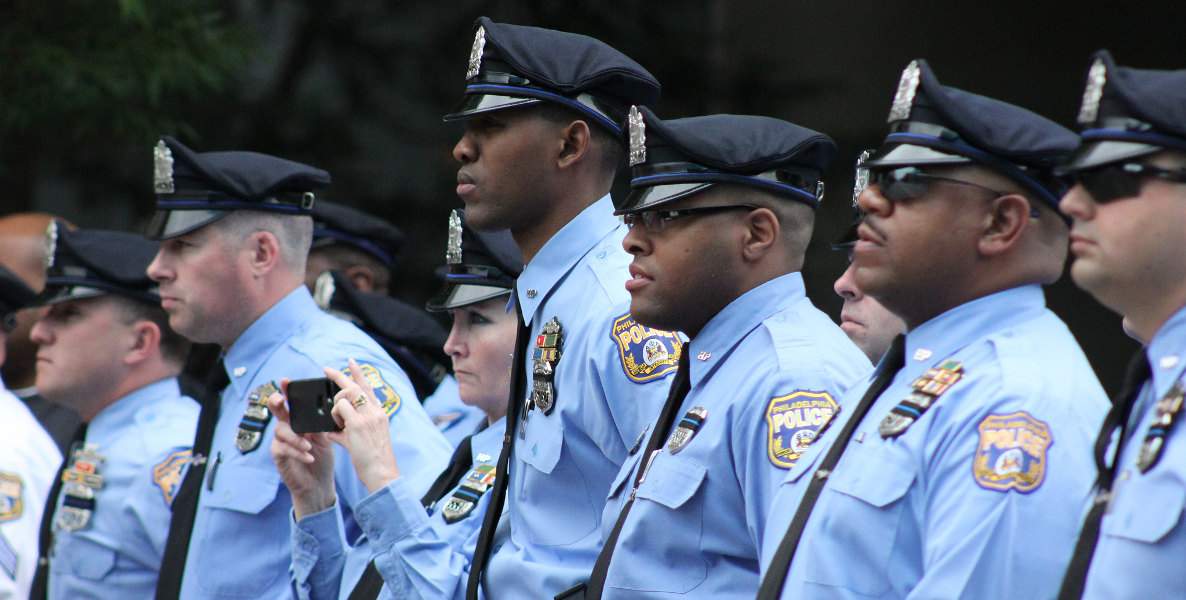America’s great cities are in trouble, Philadelphia included. The allure of the home office has enticed white-collar workers to the suburbs and reduced the value of commercial and residential real estate, shortchanging city tax coffers in the process. According to Philadelphia’s newly released FY2022 financial report, real property taxes dropped by over $20 million from the year prior.
To make matters worse, cities like Philadelphia are still on the hook for the billions of dollars they owe to the pension funds of retired police officers, firefighters, and civil servants. In late 2022, the City Council approved emergency funding of $210 million toward pension payments to make up for market shortfalls, with the total annual expenditure on pensions eclipsing $1 billion for the first time ever.
While Philadelphia and cities like it will continue to owe big on former employees’ pensions, they are attempting to stay afloat financially by trimming employment and services. In “Big City Pensions and the Urban Doom Loop”, my Manhattan Institute colleague Dan DiSalvo and I reveal a broad trend across the country of pensions crowding out new city hiring, particularly in America’s police departments.
The City of Brotherly Love shows some of the worst signs of this urban doom loop. While the City has made strides toward stabilizing its pension problems – notably through the use of a “stacked hybrid” system that combines elements of a traditional pension and a 401(k) – the costs of tackling the pension issue have come with a disturbing side effect. Since 2019, Philadelphia experienced both a staff shortage, particularly in policing and criminal justice, and a horrific crime surge.
While the number of total City employees has fallen by 8 percent since 2019, according to the financial report, the number of police officers has fallen by 9 percent, from 7,336 in 2019 to 6,681 in 2022; the number of prison employees, meanwhile, has fallen by a staggering 37 percent.
Since 2019, Philadelphia experienced both a staff shortage, particularly in policing and criminal justice, and a horrific crime surge.
The reductions bear an inverse relationship to a crime explosion. In both 2021 and 2022, Philadelphia recorded more than 500 murders, a number never previously reached. This year is off to another gruesome start, with more than 100 murders committed in the first three months.
“People are scared. They’re afraid to walk on the streets. A woman on the first day of [return-to-office] got punched to the ground on the way to work across the street from our campus,” one Philadelphian told the Brookings Institution. “Now it’s back to the 1990s, it’s just mayhem on the train right now,” said another. “Nobody wants to take it.” Property crime, too, is adding to Philadelphia’s chaos and disorder, up 17 percent since before the pandemic.
Statistics and anecdotes like these push the city further down its negative spiral, keeping the property market in a sorry state. A partner at one of Philadelphia’s largest commercial real estate brokerages said in January that while small- and medium-sized deals are still getting signed, the pace is greatly reduced relative to the pre-Covid baseline. Larger deals, he says, are “mostly stuck in neutral.”
While city officials espouse a desire to refill the ranks, in a tight labor market that’s going to require very competitive compensation packages. City pension liabilities reduce the portion of the budget that could even theoretically be allotted to hiring new officers.
With every deal that stalls, more potential tax dollars are lost, and fewer services are rendered to the Philadelphians who need them. But looming city elections offer a chance for the city to reflect on where things are going. As the field of candidates shapes up to replace Mayor Jim Kenney and members of the City Council, Philadelphians should press them on their strategies both to cover pension obligations in a proactive way and to shore up the tax base and public safety.
Improving efficiency through technology
The solution for Philadelphia and other great but struggling American cities is to identify efficiency improvements. The most promising avenue for such gains is through the creative embrace of new digital technologies that allow cities to improve performance even without big hiring sprees. One possibility is adopting emerging artificial intelligence technologies that can automate certain governance tasks. This can help the Philadelphia city government both in the back office and in the field.
To that point, City Council candidate Jalon Alexander deserves credit for his suggestion of assisting the police with aerial drones, something Chula Vista, California – a San Diego suburb – does already. Alexander’s proposal would establish a 10-person team to pilot and monitor 42 drones that would respond to shootings, carjackings, and other violent crimes.
Drones in the field and AI software behind the desk won’t correct Philadelphia’s trajectory overnight, but creative ideas such as Alexander’s are vital to delivering better service while using fewer human resources—and that’s become more necessary than ever, as pensions eat up the city budget.
Jordan McGillis is a Paulson Policy Analyst at the Manhattan Institute, a free market think tank. This story first appeared in RealClearPA.
The Citizen welcomes guest commentary from community members who stipulate to the best of their ability that it is fact-based and non-defamatory.
![]() MORE SOLUTIONS TO PHILLY’S STAFFING AND BUDGET CHALLENGES
MORE SOLUTIONS TO PHILLY’S STAFFING AND BUDGET CHALLENGES



